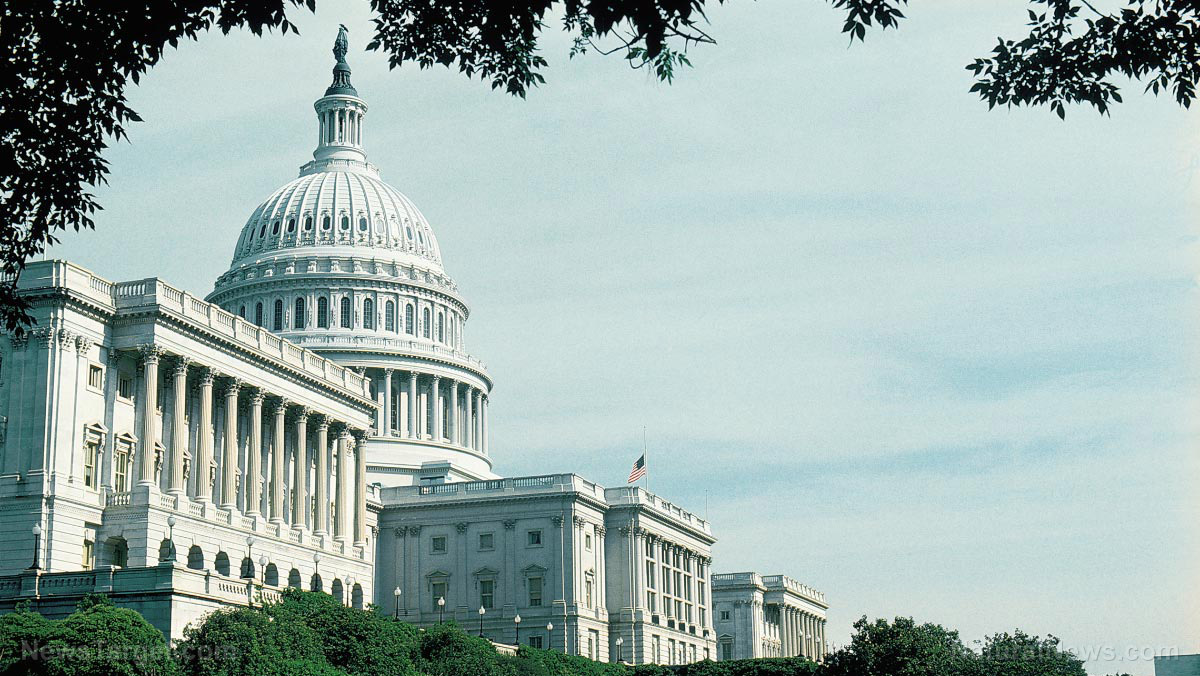 Parler
Parler Gab
Gab
Stopgap funding bill does not cut government spending
President Joe Biden is expected to sign the stopgap funding bill into law before the current temporary funding measure for federal agencies expires at midnight on Friday, Nov. 17. The stopgap bill, referred to as House Speaker Mike Johnson's "laddered continuing resolution," continues to fund the government – including the Agriculture, Transportation, Housing and Urban Development and Veterans Affairs departments – through Jan. 19, 2024. It also provides additional funding for the Defense Department and other remaining parts of the government through Feb. 2. Legislators referred to the CR as a "clean" bill that does not impose any spending cuts or push forward any contentious policy provisions that could alienate Democrats. It also does not include supplemental spending packages covering things like additional military aid for Israel and Ukraine, other foreign aid, or border security. "House Democrats have repeatedly articulated that any continuing resolution must be set at the fiscal year 2023 spending level, be devoid of harmful cuts and free of extreme right-wing policy riders," said Congressional Democratic leaders in a joint statement. "The continuing resolution before the House today meets that criteria and we will support it." Watch this video featuring Gregory Mannarino discussing the government budget crisis and the possibility of America going bankrupt. This video is from the What Is Happening channel on Brighteon.com.More related stories:
Unstable U.S. Treasury market experiences its worst day in the last six months. Annualized federal debt interest cost surpasses $1T, Bloomberg analysis reveals. "Terrorist" economy: Washington is prepared to create a new financial disaster for the whole world. Annual interest on U.S. debt soars past $1 trillion for the first time in history. Public NUMBS as government DEBT BOMB explodes to $33T, annual budget DEFICIT approaches $2T. Sources include: Brighteon.com NBCNews.com Reuters.comWomen’s magazine gives detailed instructions for carrying out “satanic abortion ritual”
By Belle Carter // Share
Governments continue to obscure COVID-19 vaccine data amid rising concerns over excess deaths
By patricklewis // Share
Tech giant Microsoft backs EXTINCTION with its support of carbon capture programs
By ramontomeydw // Share
Germany to resume arms exports to Israel despite repeated ceasefire violations
By isabelle // Share










